National Traumatic Brain Injury Resources

Emerging Consciousness Program
The Emerging Consciousness Program is devoted to ensuring that all patients with severe brain injury have access to care driven by the latest clinical guidelines, including advanced methods of diagnosis, predicting, and promoting recovery of consciousness.
Email: ECProgram@mgh.harvard.edu
Learn MoreBrain Injury Association of America
BIAA has state chapters for all 50 states
BIAA Mission: To advance awareness, research, treatment, and education and to improve the quality of life for all people affected by brain injury.
Learn More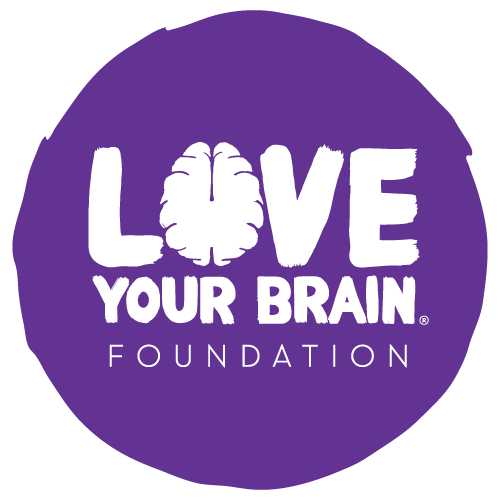
Love Your Brain Foundation
The Love Your Brain Foundation is the leading organization providing holistic support to the TBI community. They’re a thriving nonprofit rapidly growing across the US and Canada. They’re a partner to world-renowned hospitals and community yoga studios in 60+ locations. They’re a small and mighty team that values inclusive community, growth, and resilience. It’s why more than 50% of their team has their own lived experience with TBI.
Learn More
United States Brain Injury Alliance
USBIA has state chapters in Arizona. Colorado, Connecticut, Idaho, Iowa, Minnesota, Montana, Nebraska, New Jersey, Oklahoma, Texas. Utah, and Washington
USBIA Mission: The mission of the United States Brain Injury Alliance is to engage the community in preventing brain injury and improving lives.
Learn More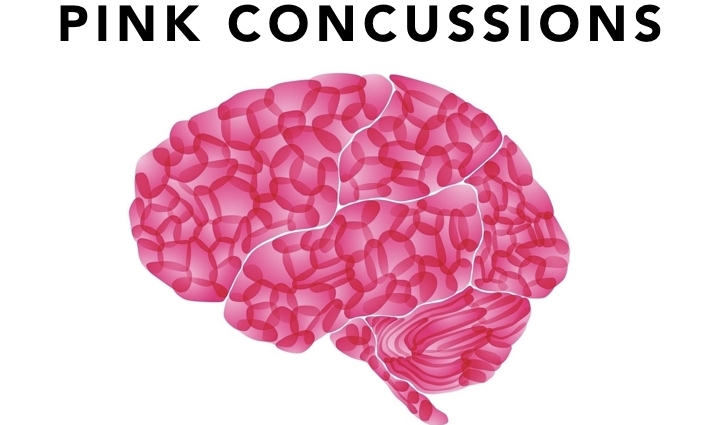
Pink Concussions
PINK Concussions is the FIRST EVER non-profit organization to focus on pre-injury education and post-injury medical care for women and girls with brain injury including concussion incurred from sport, violence, accidents, or military service.
Learn More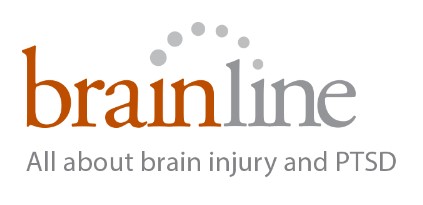
Brainline- All about brain injury and PTSD
BrainLine is a national multimedia project offering authoritative information and support to anyone whose life has been affected by brain injury or PTSD: people with brain injuries, their family and friends, and the professionals who work with them. BrainLine also provides military-specific information and resources on traumatic brain injury (TBI) and post-traumatic stress disorder (PTSD) to veterans, service members, and their families. Through BrainLine, we seek to provide a sense of community, a place where people who care about brain injury can go 24 hours a day for information, support, and ideas.
Learn More
Mind Your Brain Foundation
Mind Your Brain Foundation works to fill the gap in TBI post-acute/rehabilitation care by conducting dynamic, regional, patient-centric conferences that include presentations, interactive discussions, cognitive workshops and resource sharing by a variety of clinical experts, research authorities and TBI survivors.
Learn More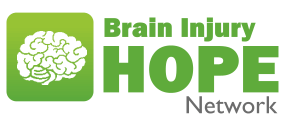
Traumatic Brain Injury Hope and Inspiration
An online support community developed by people with brain injury for people with brain injury. They also developed and offer an online magazine, Brain Injury Hope magazine, sharing stories of people with brain injury.
Learn More
Bob Woodruff Foundation
Mission: We invite you to stand up for heroes so that we can find, fund, shape, and accelerate equitable solutions that help our impacted veterans, service members, and their families thrive.
Learn More
Model Systems Knowledge Translation Center
The Model Systems Knowledge Translation Center (MSKTC) is a national center operated by the American Institutes for Research® (AIR®) that translates health information into easy to understand language and formats for patients with spinal cord injury, traumatic brain injury, and burn injury and their families and caregivers. The center reviews and synthesizes current research, publishes articles and technical reports, develops knowledge translation tools, and creates patient and family resources to inform clinical practice.
Learn More
Model System Center Directory
In this directory, you can explore each Traumatic Brain Injury (TBI) Model System center’s website for additional information or resources.
Model Systems Centers Directory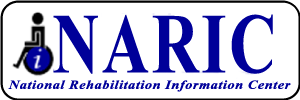
National Rehabilitation Information Center
The National Rehabilitation Information Center (NARIC) is the library of the National Institute on Disability, Independent Living, and Rehabilitation Research (NIDILRR). We collect, catalog, and disseminate the articles, reports, curricula, guides, and other publications and products of the research projects funded by NIDILRR. NIDILRR funds more than 250 projects each year that conduct research on a wide range of issues including technology, health and function, independent living, and capacity building.
Learn MoreMassachusetts Traumatic Brain Injury Resources
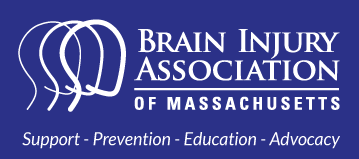
Brain Injury Association of Massachusetts
Mission: A nonprofit organization, BIA-MA provides Support & Resources to persons with brain injury and their families; Prevention Programs to educate the public on the impact of brain injuries; Education & Training for persons with brain injury, caregivers and professionals; and Legislative Advocacy for improved community services and safety laws (seat belts, helmets).
Email: biama@biama.org
Call: (508) 475-0032
Toll-Free: (800) 242-0030
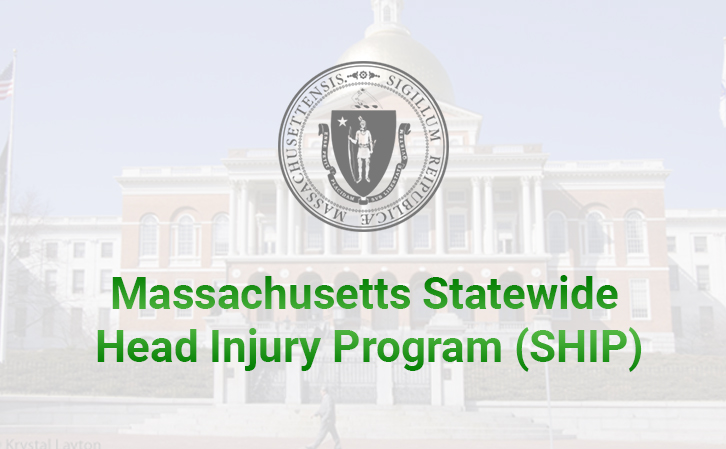
Statewide Head Injury Program (SHIP)
SHIP provides skills training, adult companions, residential services, shared living opportunities, and brain injury community centers to the brain injury community.
Call: (617) 204-3852
Toll-Free: (800) 223-2559
TTY (617) 204-3817
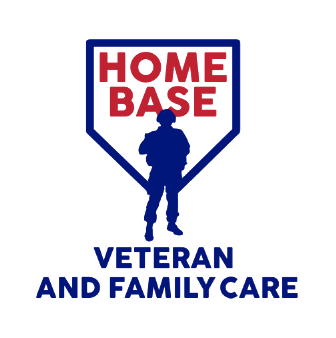
Home Base
Home Base, a Red Sox Foundation and Massachusetts General Hospital Program, is dedicated to healing the invisible wounds for Veterans of all eras, Service Members, Military Families and Families of the Fallen through world-class clinical care, wellness, education and research. As a National Center of Excellence, Home Base operates the first and largest private-sector clinic in the nation devoted to providing life-saving clinical care and support for the treatment of the invisible wounds to include post-traumatic stress, traumatic brain injury, anxiety, depression, co-occurring substance use disorder, family relationship challenges and other issues associated with military service.
Learn MoreMental Health Resources

Mental Health America
(Formerly the National Mental Health Association)
IF YOU NEED IMMEDIATE HELP CALL THE NATIONAL HOPE LINE NETWORK 800-784-2433 TO REACH A 24-HOUR CRISIS CENTER IN YOUR AREA.
Phone: 703-684-7722
Toll Free Mental Health Resource Center: 800-969-6642 (V), 800-433-5959 (TTY)
Toll Free Suicide Helpline:
800-273-8255

MentalHealth.gov
http://www.mentalhealth.gov provides one-stop access to U.S. government mental health and mental health problems information.
Resources for immediate assistance: mentalhealth.gov/get-help/immediate-help
Learn More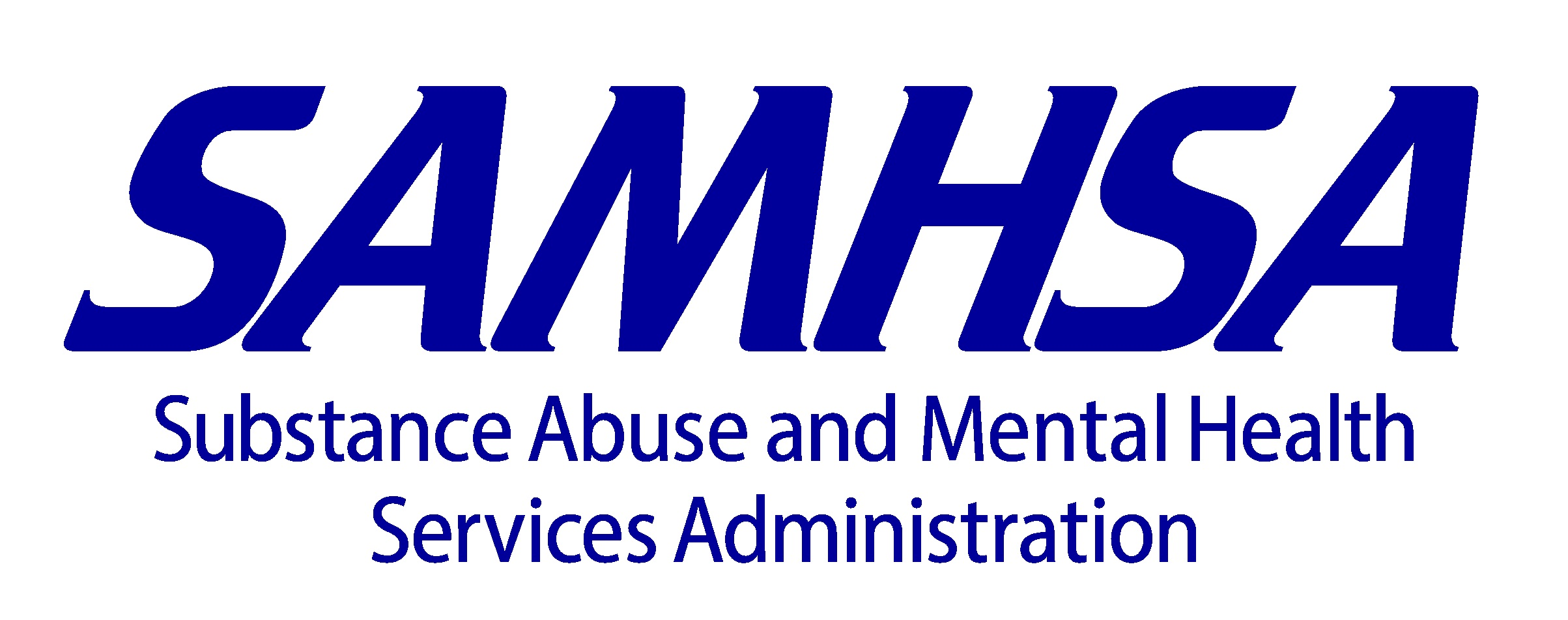
Mental Health Services Locator
Toll Free Referral Helpline Line:
800-662-4357 (V), 800-487-4889 (TTY)
Available 24/7, 365 days-a-year
Learn More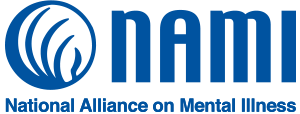
National Alliance on Mental Illness (NAMI)
Phone: 703-524-7600 (V)
Email: info@nami.org
NAMI Helpline: nami.org/Find-Support/NAMI-HelpLine
NAMI is dedicated to the eradication of mental illnesses and to the improvement of the quality of life of all whose lives are affected by these diseases.
Toll Free Information Helpline: 800-950-6264 (V), 888-344-6264 (TTY)
Available Monday through Friday from 10 a.m. until 6 p.m. EST
Learn More
National Institute of Mental Health (NIHM)
Email: nimhinfo@mail.nih.gov
Toll Free: 866-615-6464 (V), 866-415-8051 (TTY)
Available Monday through Friday from 8:30 a.m. until 5 p.m. EST
Learn More
Substance Abuse and Mental Health Services Administration (SAMHSA)
SAMHSA’s National Helpline: 800/662-4357 (V), 800/487-4889 (TTY)
Available 24/7, 365 days-a-year
Helpline Information/Resources: samhsa.gov/find-help/national-helpline
Online Treatment Locator: https://findtreatment.samhsa.gov/
Coping with Stress During Infectious Disease Outbreaks:
https://store.samhsa.gov/product/Coping-with-Stress-During-Infectious-Disease-Outbreaks/sma14-4885
Taking Care of your Behavioral Health: Tips for Social Distancing, Quarantine, and Isolation During an Infectious Disease Outbreak:
https://www.samhsa.gov/sites/default/files/tips-social-distancing-quarantine-isolation-031620.pdf
Learn More
988 Suicide & Crisis Lifeline through SAMHSA
988 Suicide & Crisis Lifeline is a 24-hour, toll-free, confidential suicide prevention hotline available to anyone in suicidal crisis or emotional distress.
Toll Free: 988 (V), 800-273-8255 (V), 800-799-4889 (TTY)
Available 24/7, 365 days-a-year
Learn More
Parenting With A Mental Illness: Programs and Resources Guide
A comprehensive resource guide from the Temple University Collaborative to help parents, providers, and advocates find information about programs in their area.
Parenting With A Mental Illness: Programs and Resources Guide
Substance Abuse and Mental Health Services Administration's (SAMHSA) Homelessness Resource Center (HRC)
HRC is an interactive learning community dedicated to disseminating knowledge and best practices to prevent and end homelessness. It includes providers, consumers, policymakers, researchers, and public agencies at Federal, State, and local levels.
Contact: http://homeless.samhsa.gov/Contact.aspx
SAMHSA Homelessness Resource Center (HRC)Domestic Violence Resources
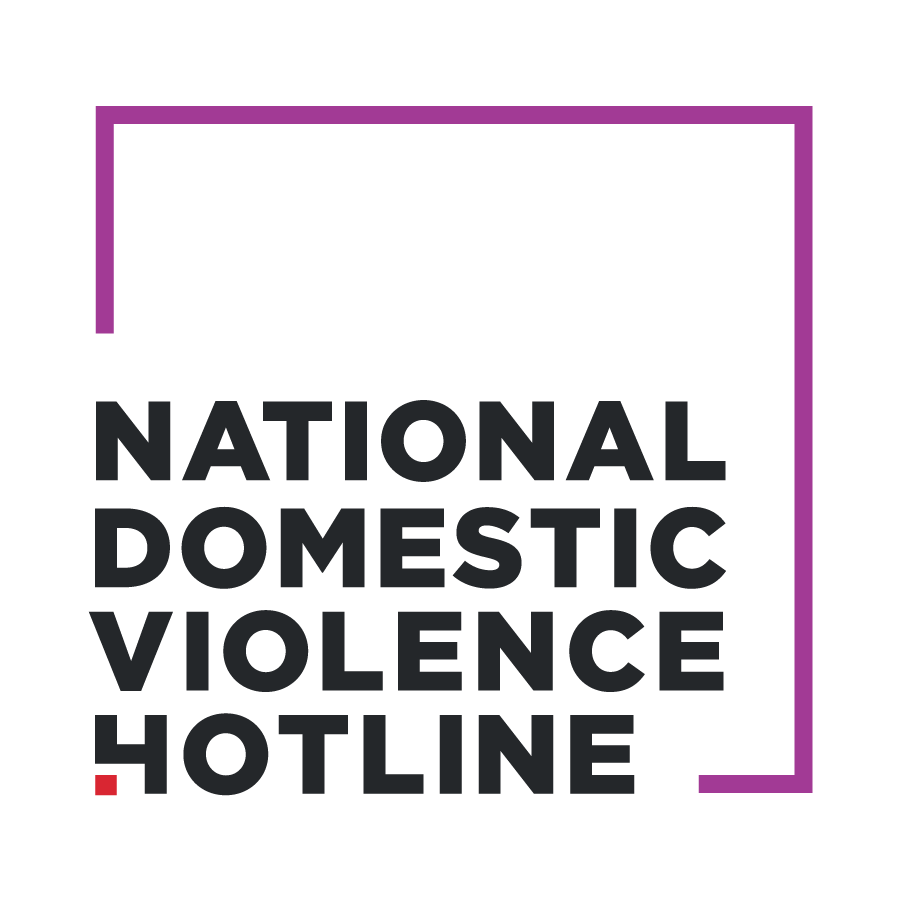
National Domestic Violence Hotline
24 hours a day, seven days a week, 365 days a year, the National Domestic Violence Hotline provides essential tools and support to help survivors of domestic violence so they can live their lives free of abuse.
Call 1.800.799.SAFE (7233)
TTY 1.800.787.3224
Text “START” to 88788
Live Chat available on website
Learn More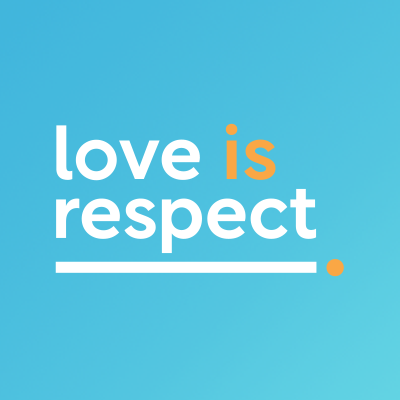
National Dating Abuse Helpline
A project of the National Domestic Violence Hotline, “love is respect offers” 24/7 information, support, and advocacy to young people between the ages of 13 and 26 who have questions or concerns about their romantic relationships. We also provide support to concerned friends and family members, teachers, counselors, and other service providers through the same free and confidential services via phone, text, and live chat.
Call: 1-866-331-9474
Learn More
National Sexual Assault Hotline at Rape, Abuse, Incest National Network (RAINN)
RAINN (Rape, Abuse & Incest National Network) is the nation’s largest anti-sexual violence organization. RAINN created and operates the National Sexual Assault Hotline in partnership with more than 1,000 local sexual assault service providers across the country and operates the DoD Safe Helpline for the Department of Defense. RAINN also carries out programs to prevent sexual violence, help survivors, and ensure that perpetrators are brought to justice.
Call: 1-800-656-4673 (HOPE)
Learn More
Victim Connect Resource Center
Provides confidential resources and referrals to empower crime victims to regain control, navigate their options, and determine their next steps.
Call: 855-484-2846
Learn More
Futures Without Violence: The National Health Resource Center on Domestic Violence
For more than 30 years, FUTURES has been providing groundbreaking programs, policies, and campaigns that empower individuals and organizations working to end violence against women and children around the world. Our vision is a future without violence that provides education, safety, justice, and hope.
Call: 1-888-792-2873
Learn More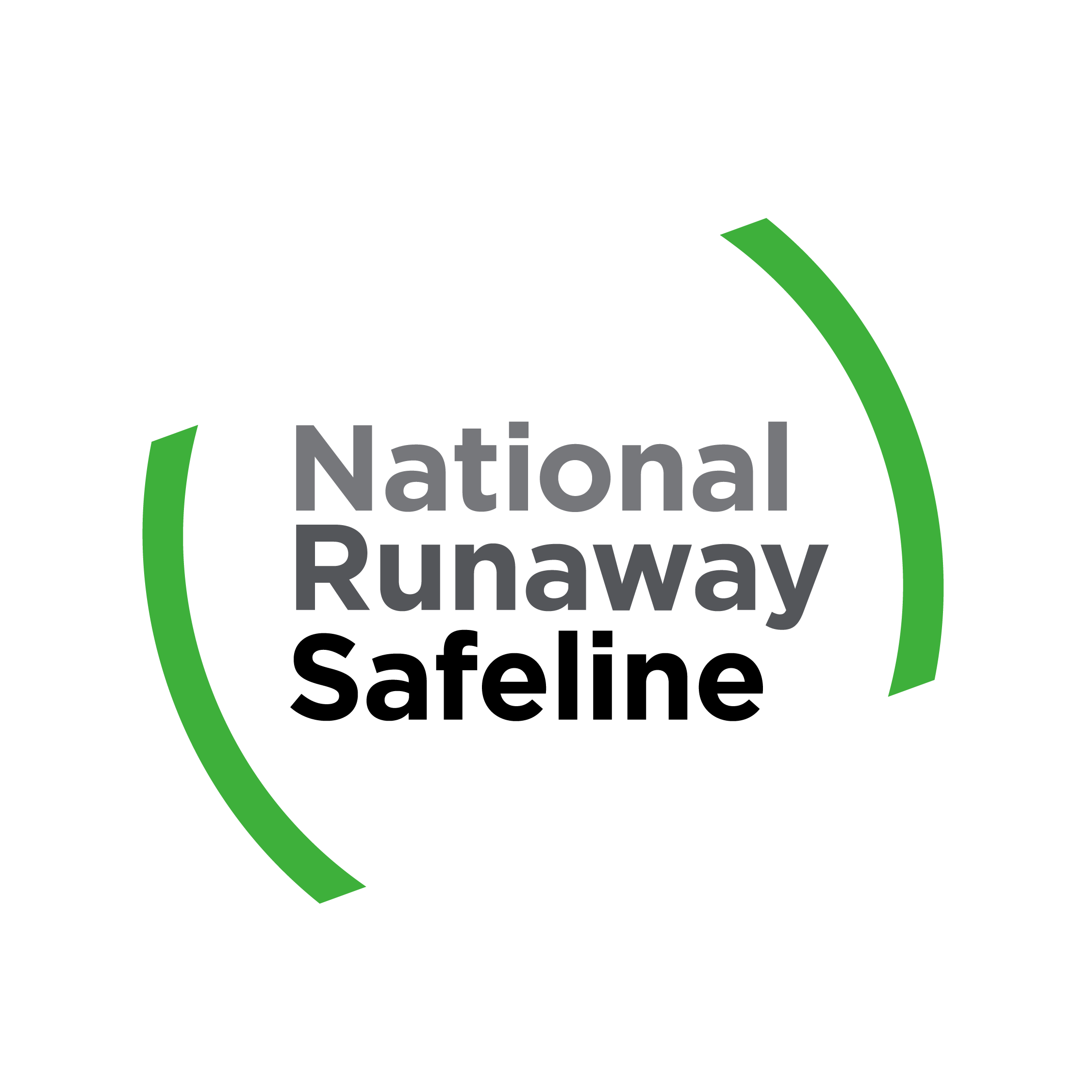
National Runway Safeline
The mission of the National Runaway Safeline (NRS) is to keep America’s runaway, homeless and at-risk youth safe and off the streets.
Call: 1-800-RUNAWAY or 1-800-786-2929
Learn MoreModel System Knowledge Translation Center Factsheets
- Understanding TBI Factsheet
-
Traumatic brain injury (TBI) refers to damage to the brain caused by an external physical force such as a car accident, a gunshot wound to the head, or a fall.
A TBI is not caused by something internal such as a stroke or tumor, and does not include damage to the brain due to prolonged lack of oxygen (anoxic brain injuries).
Read More
- Traumatic Brain Injury and Acute Inpatient Rehabilitation Factsheet
-
What is acute inpatient rehabilitation?
Acute inpatient rehabilitation (rehab) is an intensive form of medical rehabilitation in which patients receive three or more hours per day of core therapies (physical therapy, occupational therapy and speech therapy) overseen by a physician specialized in rehabilitation with around the clock nursing care. This team of physicians, nurses and therapists work together to restore function after traumatic brain injury. Research has shown that participating in inpatient rehabilitation after injury increases the likelihood of discharge to home and decreases risk of mortality among trauma patients, most of whom sustained TBI.
Read More
- Facts about the vegetative and minimally conscious states after severe TBI Factsheet
-
Consciousness is an awareness of one’s self and surroundings. Brain injury can cause disorders of consciousness (DOC). Some injuries are mild; they may cause minor changes in consciousness such as brief confusion. Severe injuries can cause permanent unconsciousness.
Read More
- Alcohol Use After Traumatic Brain Injury Factsheet
-
Alcohol and traumatic brain injury (TBI) are closely related. Up to 50% of adults with TBI were drinking more alcohol than is recommended before they were injured. People who were over age 60 when they had their TBI were less likely to drink too much before their injury, but those who did had worse outcomes. Although many people initially drink less after a TBI, starting to drink again increases their chances of having worse outcomes. By 2 years after the injury, we find that more than 40% start drinking again.
Read More
- Balance Problems and TBI Factsheet
-
People with traumatic brain injury (TBI) often have problems with balance. About half of people with TBI have dizziness and loss of balance at some point in their recovery. When you are dizzy, you may have vertigo (the feeling that you or your surroundings are moving) and feel unsteady. You may also feel faint or lightheaded.
Many factors determine how bad your balance problem is, including:
- How severe your brain injury is.
- What part of the brain was injured.
- If you have other injuries along with your TBI. For example, in a car crash, you could have a TBI, neck injury, and broken ribs and legs. All of these injuries will affect your ability to keep your balance.
- Some medications can have an effect on your balance.
- Memory and Traumatic Brain Injury Factsheet
-
Memory and Traumatic Brain Injury
- Memory problems are very common in people with moderate to severe TBI.
- TBI can damage parts of the brain that handle learning and remembering.
- TBI affects short-term memory more than long-term memory.
- People with TBI may have a tough time “remembering to remember. ”This means remembering to do things in the future, such as keeping appointments or calling someone back when you’ve promised to do so.
- People with moderate to severe TBI may not remember the incident surrounding the injury.
- With the help of certain strategies, people with TBI can learn to work around memory problems and get things done every day.
- Traumatic Brain Injury and Chronic Pain Factsheet
-
Pain is an unpleasant sensation that can range from mild to very severe. Pain is very personal; two people can have the same type and amount of pain and have very different reactions to it.
Pain is usually considered chronic when it lasts more than three months. Many people with traumatic brain injury (TBI) have chronic pain at some time or other.
Read More
- Cognitive Problems after Traumatic Brain Injury Factsheet
-
What is Cognition?
Cognition is the act of knowing or thinking. Some thinking abilities that can be affected by TBI include:
- Attention and concentration
- Processing and understanding information
- Memory
- Planning, organizing, and assembling
- Reasoning, problem-solving, decision-making, and judgment
- Monitoring and watching behavior to ensure that it is socially acceptable
- Communicating thoughts or ideas in ways that others can understand
Cognition after TBI
This factsheet discusses common difficulties with cognition (or thinking) that some individuals have after a TBI and presents some tips that may help reduce these challenges.
Read More
- Concussion Recovery Factsheet
-
Recovering from concussion
Most concussion symptoms resolve within hours to days or a few months. Recovery is usually faster when a person gets some rest for a short period of time (e.g., a couple of days) and gradually returns to their activities and responsibilities over a week or so. Complete rest is not recommended, and instead, light exercise and mental activity may actually improve recovery. A small number of people may take longer to recover and need specific treatments. They could include specific support at work or school for a short period of time such as days or a few weeks while they recover.
Read More
- Driving After Traumatic Brain Injury Factsheet
-
Driving is an important part of a person’s independent lifestyle and integration into the community. Because we take our driving skills for granted, it is easy to forget that driving is the most dangerous thing we do in our everyday lives. A brain injury can affect the skills needed to drive safely. If and when an injured person may safely return to driving should be addressed early in recovery. The injured person, family members, and health professionals should all be included in this important decision. If anyone has concerns that that driving may put the injured person or others in danger, health professionals may recommend pre-driving testing.
Read More
- Emotional Problems After Traumatic Brain Injury Factsheet
-
The way people experience or express emotions may change after a traumatic brain injury (TBI). While this can be distressing for family members and friends, many strategies can help manage these emotional concerns after TBI.
Read More
- Fatigue and Traumatic Brain Injury Factsheet
-
Why is fatigue important?
When you are fatigued, you are less able to think clearly or do physical activities. If you are overwhelmed by fatigue, you have less energy to care for yourself or do things you enjoy. Fatigue can have a negative effect on your mood, physical functioning, attention, concentration, memory and communication. It can interfere with your ability to work or enjoy leisure activities. It can make activities such as driving dangerous.
Read More
- Headaches After Traumatic Brain Injury Factsheet
-
Headache is one of the most common symptoms after traumatic brain injury (often called “post-traumatic headache”). Over 30% of people with moderate to severe TBI report having headaches which continue long after injury. An even larger percentage people with mild TBI complain of headache.
Read More
- Understanding and Coping with Irritability, Anger, and Aggression After TBI Factsheet
-
What changes can be expected after a TBI?
Feeling irritable or angry from time to time is common for most people, but a TBI may cause changes that make these feelings more of a problem.
Read More
- Relationships After Traumatic Brain Injury Factsheet
-
After traumatic brain injury (TBI), many couples find that their relationship with each other changes dramatically. These changes are very personal and can be very emotional for both people in the relationship. This factsheet will help couples understand some of the common changes they may notice in their relationship after TBI. Also, suggestions are given for ways that couples can address some of the more difficult changes they are experiencing.
Although some of the relationship changes after TBI are difficult and can be painful, there are many things that couples can do in order to enjoy each other and their relationship in new, positive, and meaningful ways.
Read More
- Returning to School After Traumatic Brain Injury Factsheet
-
Parental involvement is critical when a young person is returning to school after a traumatic brain injury (TBI). Parents have the most knowledge about their child and are deeply invested in their daughter’s or son’s well-being and future. Often parents become advocates to ensure that all essential supports are in place to enhance their child’s successful return to school. Parents may also be a go-between to make sure all the necessary medical information has been provided so the school can design the best plan for the student. If the student is close to exiting school, vocational rehabilitation professionals may also be involved.
Read More
- Sexuality After Traumatic Brain Injury Factsheet
-
Changes in sexual functioning are common after TBI. If you are experiencing sexual problems, there are things you can do to help resolve these problems. The information in this factsheet describes common sexual problems after TBI and ways to improve sexual functioning.
Read More
- Sleep and Traumatic Brain Injury Factsheet
-
How common are sleep problems following a TBI?
Many people who have brain injuries suffer from sleep disturbances. Not sleeping well can increase or worsen depression, anxiety, fatigue, irritability, and one’s sense of well-being. It can also lead to poor work performance and traffic or workplace accidents. A review of sleep disorder studies and surveys suggest that sleep disorders are three times more common in TBI patients than in the general population and that nearly 60% of people with TBI experience long-term difficulties with sleep. Women were more likely to be affected than men. Sleep problems are more likely to develop as the person ages.
Read More
- Stress Management for TBI Caregivers Factsheet
-
A traumatic brain injury (TBI) can change a person in many ways. As a caregiver of a person with a TBI, you may feel stressed or overwhelmed in this role. You are not alone; these feelings are normal. Using strategies to manage stress may help you take care of yourself.
Read More
- TBI and Depression Factsheet
-
Depression is a common problem after TBI. About half of all people with TBI are affected by depression within the first year after injury. Even more (nearly two-thirds) are affected within seven years after injury. In the general population, the rate of depression is much lower, affecting fewer than one person in 10 over a one-year period. More than half of the people with TBI who are depressed also have significant anxiety.
Read More
- Voting Tips for People Living with TBI Factsheet
-
People with traumatic brain injury (TBI) may experience challenges in voting due to a range of impairments in physical, hearing, vision, communication, cognitive, emotional, and behavioral function. Obstacles may include registering to vote, remembering to vote, accessing transportation, physically navigating the polling place, understanding ballot design, and utilizing technologies for voting. All that on top of deciding who to vote for! The information here is intended to help people with brain injury overcome such obstacles.
Read More